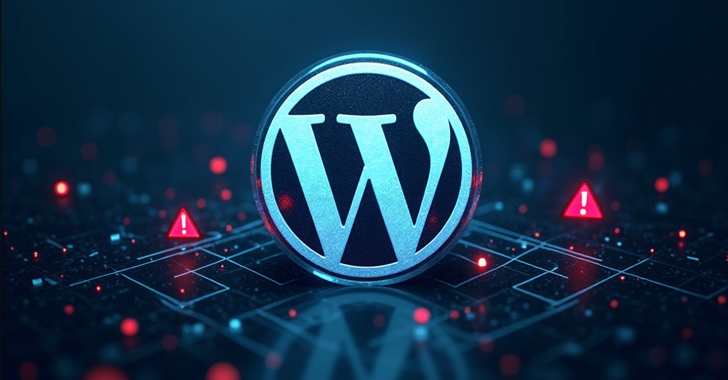LiteSpeed Cache Plugin Vulnerability Poses Significant Risk to WordPress Websites
- November 4, 2024
- Posted by: claudia
- Categories:

A significant security vulnerability has been discovered in the LiteSpeed Cache plugin for WordPress, identified as CVE-2024-50550, which has a CVSS score of 8.1, indicating high severity. This issue enables unauthenticated individuals to escalate their privileges to administrator level, potentially allowing for the installation of malicious plugins. LiteSpeed Cache, a widely-used site acceleration tool for WordPress, boasts advanced caching and optimization features and is utilized on over six million sites.
The vulnerability stems from a specific function called is_role_simulation, which presents a weak security hash check that could be brute-forced. This issue is reminiscent of a previously reported vulnerability, CVE-2024-28000, which had an even higher CVSS score of 9.8. The successful exploitation of CVE-2024-50550 depends on specific configurations within the plugin that must be exploited to gain unauthorized access as an administrator.
To mitigate this vulnerability, LiteSpeed has released an update, version 6.5.2, which eliminates the flawed role simulation process and enhances security by utilizing a random value generator for hash generation. This refines the unpredictability of the security hashes, addressing potential exploitation avenues that had been available to attackers. Patchstack emphasizes the need for robust security protocols concerning hash strength and uncertainty, noting that PHP’s rand() and mt_rand() functions might be insufficient for security measures if not implemented carefully.
CVE-2024-50550 marks the third reported vulnerability in the LiteSpeed Cache plugin in the past two months, following CVE-2024-44000 and CVE-2024-47374, which also posed security risks with CVSS scores of 7.5 and 7.2, respectively. The frequency of these security disclosures raises concerns about the overall robustness of the plugin and the necessity for website administrators to stay vigilant.
The security landscape for WordPress plugins has become increasingly complex, especially following two major vulnerabilities found in the Ultimate Membership Pro plugin, both of which were addressed in later updates. These vulnerabilities, detailed as CVE-2024-43240 and CVE-2024-43242, highlight a broader issue within WordPress security practices and the potential for privilege escalations or code execution risks.
Concurrently, Patchstack has observed that legal disputes between key players in the WordPress ecosystem, specifically Automattic and WP Engine, are causing some developers to withdraw their plugins from the WordPress.org repository. This shift necessitates that users actively seek out updates and maintain communication with their plugin developers to ensure they are informed of any security issues, particularly if updates become less accessible.
Patchstack’s CEO, Oliver Sild, cautioned that users who do not manually install updates for plugins removed from the WordPress repository may remain exposed to security threats, as they could miss critical patches addressing known vulnerabilities. The evolving situation underscores the need for website administrators to remain proactive about security measures and plugin management.
In conclusion, the revelation of CVE-2024-50550, alongside other vulnerabilities, significantly underscores the critical importance of vigilance regarding website security. The incident serves as a stark reminder for WordPress users to ensure they are using updated software, apply timely patches, and stay informed about current vulnerabilities to safeguard their websites against potential exploitation.
